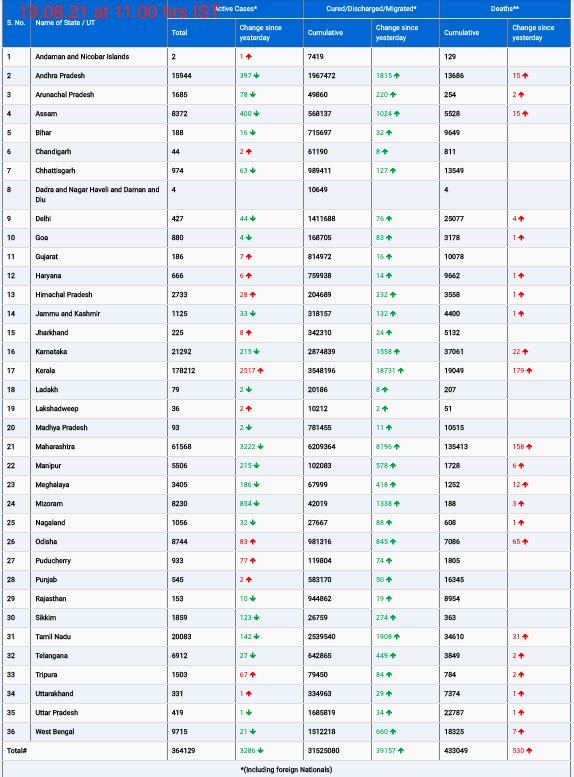An international team of researchers, led by scientists at the University of Toronto, has identified a family of natural compounds that could revolutionize the treatment of parasitic worms. These compounds, discovered through meticulous research, target a unique metabolic process crucial for the survival of parasitic worms in the human gut.
Parasitic worms transmitted through soil pose a significant health threat, particularly in developing countries in the tropics. Infections by these parasites result in a myriad of debilitating symptoms, including malaise, weakness, and malnutrition. Children are particularly vulnerable, facing developmental defects and growth impairments.
The prevalence of soil-transmitted parasitic worms affects over one billion people worldwide, predominantly in low-income communities lacking adequate healthcare and sanitation infrastructure. With current anthelmintic drugs losing efficacy against these parasites, the quest for novel treatments has become increasingly urgent.
“Compounds that can regulate [the parasite’s] production or activity would selectively kill the parasite, with no harm done to the human host,” explained Taylor Davie, the study’s first author and a PhD student at U of T’s Donnelly Centre for Cellular and Biomolecular Research.
Published in the esteemed journal Nature Communications, the study unveils a groundbreaking approach to combat parasitic worms. The researchers targeted the metabolic process of the parasites, specifically focusing on a molecule called rhodoquinone (RQ), essential for their survival.
Unlike humans, parasites rely on RQ-dependent metabolism to thrive in the host’s gut environment. Leveraging this disparity, the team screened a diverse array of natural compounds derived from plants, fungi, and bacteria. Their experiments, conducted on the model organism C. elegans, identified a family of benzimidazole compounds with potent parasitic-killing capabilities.
“This is the first time that we have been able to screen for drugs that specifically target the unusual metabolism of these parasites,” remarked Andrew Fraser, the principal investigator and a professor of molecular genetics at the Donnelly Centre and the Temerty Faculty of Medicine.
Collaborating with RIKEN, one of Japan’s premier research agencies, the team screened a library of 25,000 natural compounds, leading to the discovery of these promising benzimidazole compounds.
While single-dose treatments are favored in mass drug administration programs, the researchers propose a multi-dose regimen for maximum efficacy in eliminating the parasites. Hiroyuki Osada, professor of pharmacy at the University of Shizuoka and group director at the RIKEN Center for Sustainable Resource Science, emphasized the efficiency of screening approaches in addressing urgent global health challenges.
Moving forward, the research team aims to refine the inhibitors through additional in vivo testing with parasitic worms. The Keiser lab at the University of Basel in Switzerland will spearhead this crucial phase, while the search for compounds inhibiting RQ metabolism continues.
“This study is just the beginning,” affirmed Fraser. “We hope our screens will deliver drugs to treat major pathogens around the world.”
Supported by the Canadian Institutes of Health Research and the European Molecular Biology Organization, this groundbreaking research offers a beacon of hope in the fight against parasitic worm infections, potentially transforming healthcare outcomes for millions worldwide.












